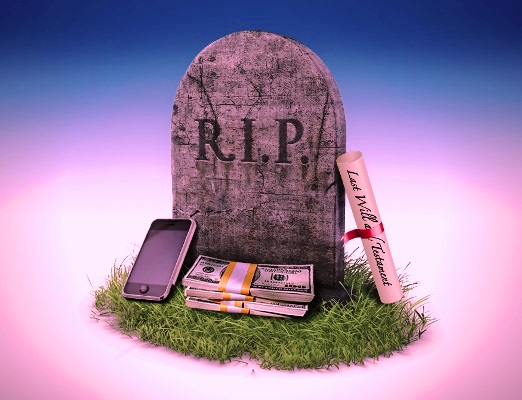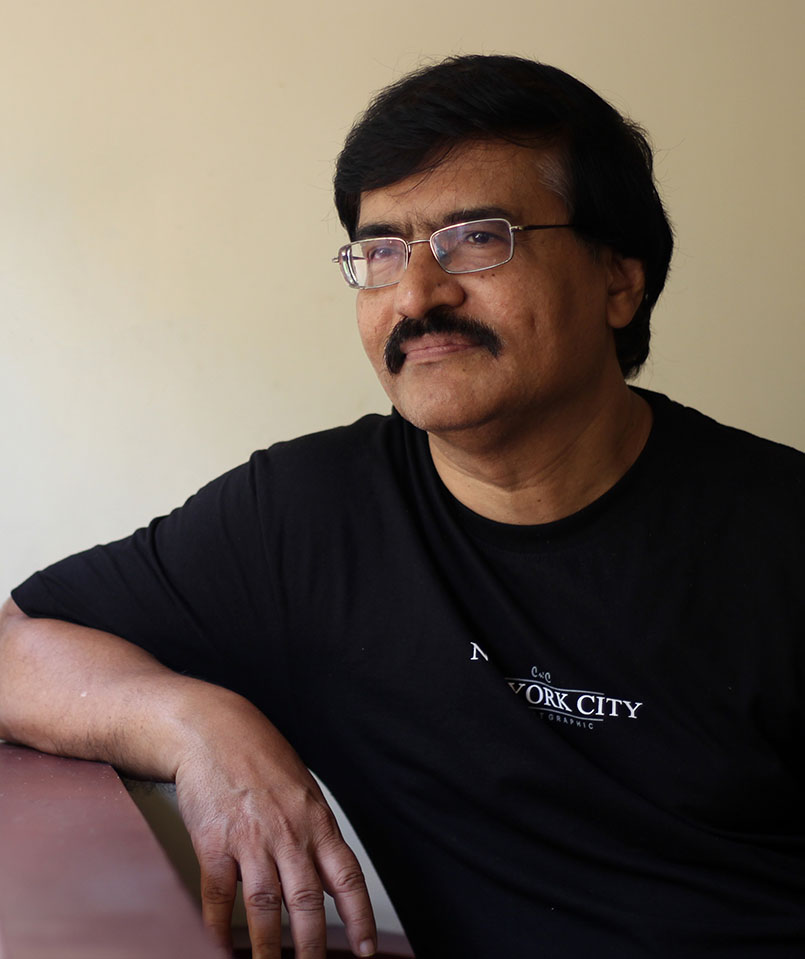Reason Behind Fear
 Then one day Prophet Isaiah arrived at the palace to see the King. The king was happy. He hoped that the a holy man of God would do something miraculous to save his life. However, the Prophet had come with the message of death. He told the king, “This is what the LORD says: Set your affairs in order, for you are going to die. You will not recover from this illness.” (2 Kings 20:1). The Bible says that the king repented and pleaded with God for his life. He eventually recovered and ruled Judah for another fifteen years.
Then one day Prophet Isaiah arrived at the palace to see the King. The king was happy. He hoped that the a holy man of God would do something miraculous to save his life. However, the Prophet had come with the message of death. He told the king, “This is what the LORD says: Set your affairs in order, for you are going to die. You will not recover from this illness.” (2 Kings 20:1). The Bible says that the king repented and pleaded with God for his life. He eventually recovered and ruled Judah for another fifteen years.King Hezekiah had the privilege to receive an advance notice about his death. He had the good fortune to be granted the time to set his affairs in order. But we ordinary mortals do not have the privilege of such luxuries. No prophet would come to tell us to get ready to die. So it remains entirely our call either to set our affairs in order today when we are alive, or to postpone it for tomorrow when we might be dead. As the Bible says, “Surely everyone goes around like a mere phantom…”(Psalms 39:6). So, it is reasonable and prudent for us to stay ready to die.
Staying in readiness to die does not mean that we stop living our normal lives. On the contrary, it means that we should lead more happy, peaceful and fulfilling lives accepting the reality that, “life is impermanent like an illusion” (Jokpeme Joseph Omode). We ought to hold dear every moment of our lives. Staying in readiness to die also means that we should keep our personal affairs settled and leave enough information accessible to the people whom we would leave behind on our death. A third dimension of our preparation to die is to live without being haunted and traumatized by the thoughts of death.












All clergy should read this
@Tamil selvan Samuel
Thank you. I am happy that you consider it important.
Regards,
Kutty
Informative,time and tide wait for none . When in sixties all become pious . So be prepared .